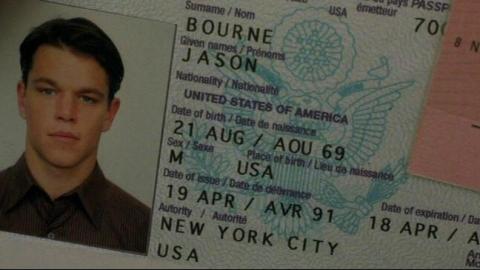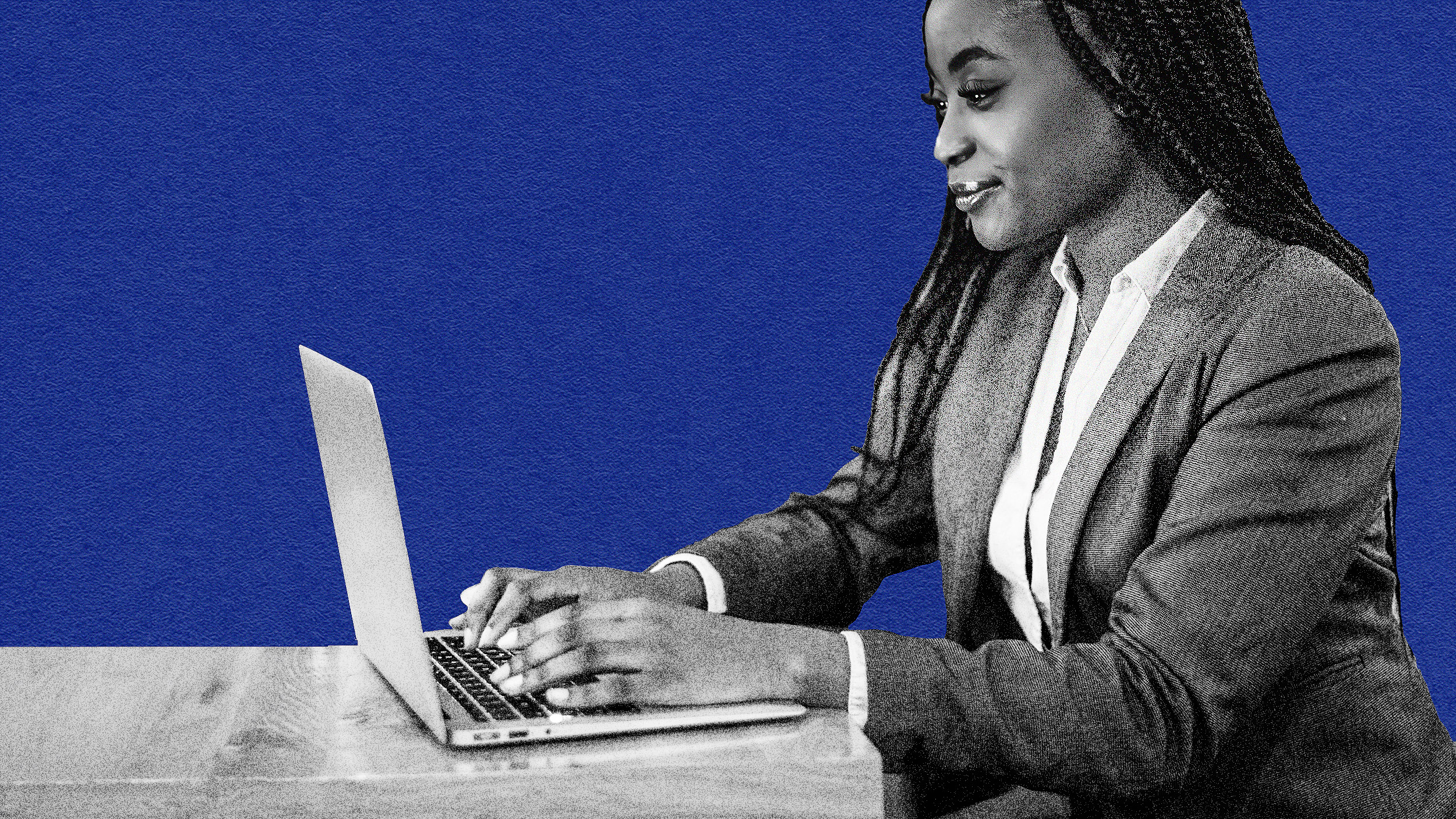Born Identity: Facebook Wants Only One Passport on The Web

Yesterday, Facebook’s 25 year old co-founder and CEO Mark Zuckerberg announced a plan to socialize the Web. At the f8 conference in San Francisco, Zuckerberg unveiled the “open graph”, a tool that allows any site in the world to transform itself into a social site like Facebook. How would that work? Well, if you’re a member of Facebook and you go to radio station Pandora for your morning boom-boom-boom, you can now see all the stations that your friends like. We did just that this morning and found a whole new collection of songs that we love which our friends have been listening to. This was not possible before. Earlier, one would have to “make friends” on each site individually, which was time-consuming and annoying. Facebook’s “open graph” allows you to carry your friends list with you wherever you go on the Web. What a brilliant idea! How convenient and seamless it will make everyone’s existence.
Of course, it rests on two assumptions: (i) you like to have one identity and (ii) you like your friends. This seems obvious enough when we are in the physical world, but one of the great joys of the virtual world was that we could have multiple identities. We could be professional on LinkedIn and cute on Facebook, musical on mySpace and nerdy on Digg, intellectual when leaving comments on the New York Times and anonymous when surfing Kink.com. But now we will feel the burden of easy social connectivity based on one identity as more and more sites eager to get access to Facebook’s 400 million users partake in this social tool.
And do you really “like” all your friends on Facebook? Admit it, most of us have more acquaintances than friends on Facebook, and do we honestly want all of them to know our favorite movies (Fandango), the music we like (Pandora), where we ate yesterday (Yelp), or the celebrity gossip we read (ABC)? These are just the sites that are already connected today! We’re not so sure we do, but if it means physically going in and defriending people on Facebook or creating individual lists of friends applicable for different sites (a feature one can expect soon enough), we’re as lazy as anyone else trapped in the seductive passivity engendered by automation.
But this physical vs. virtual dichotomy is a false one anyway. Digital Natives certainly don’t see the separation of the two as anything meaningful. So here’s the question: will we transfer our social habits to the virtual world, or will it be the other way around? Apart from a few errant splinter groups of webtivists who rally for freedom of identity in cyberspace, we suspect most will succumb to the tyranny of one passport on the Web.
So Zuckerberg’s dream might well come true after all: “we’re building toward a Web where the default is social, every application and product will be designed from the ground up to use real identity.”
Ayesha and Parag Khanna explore human-technology co-evolution and its implications for society, business and politics at The Hybrid Reality Institute.





